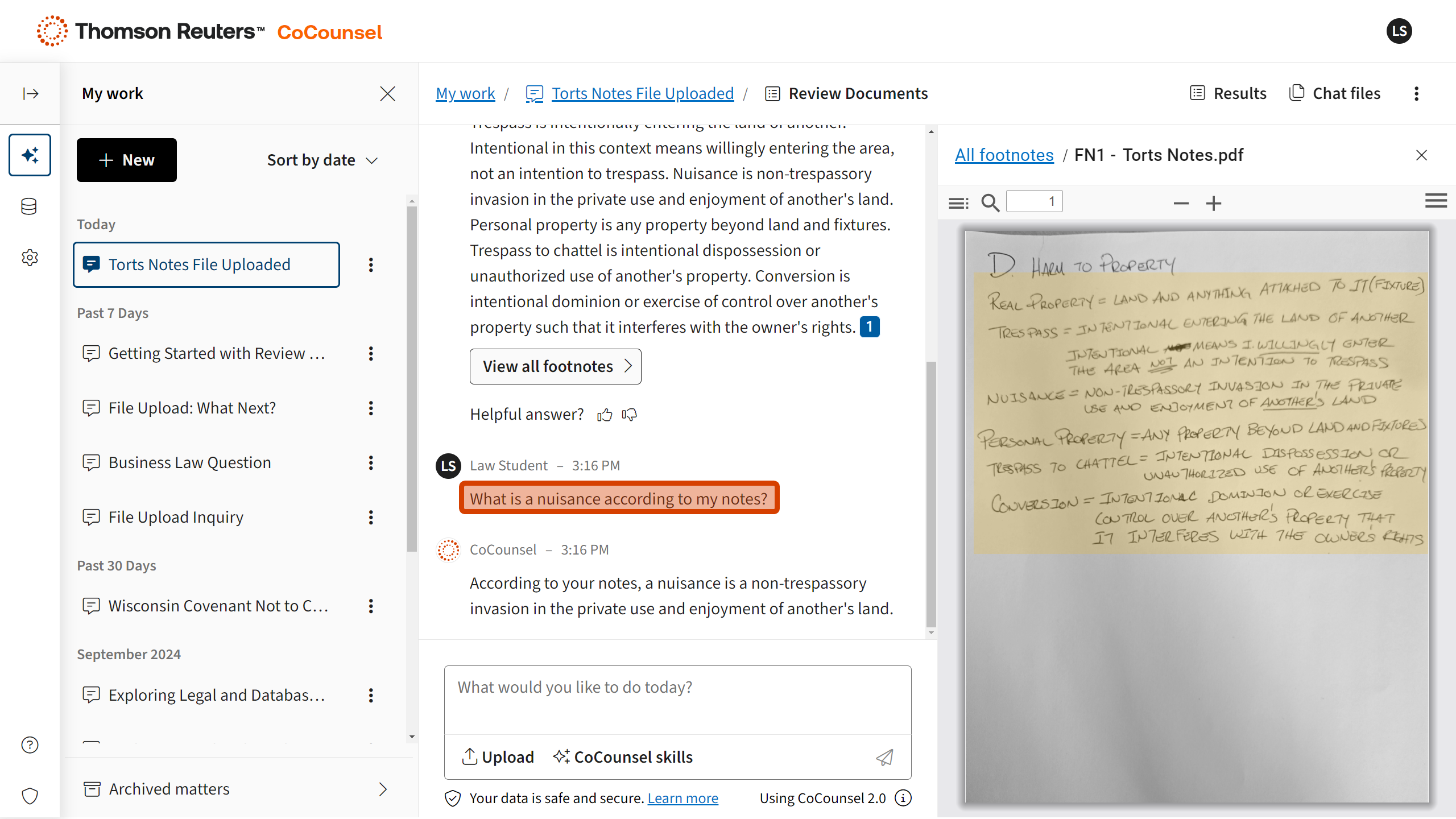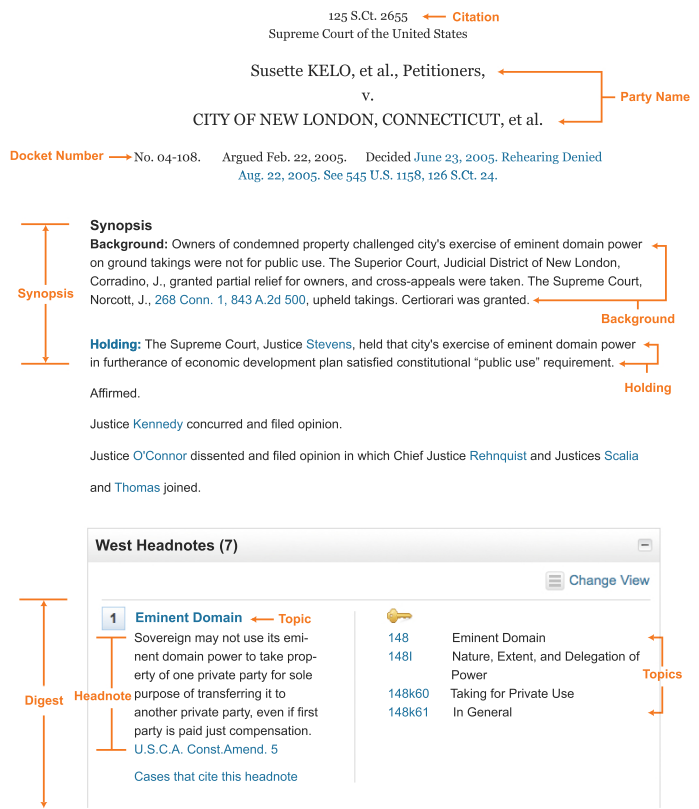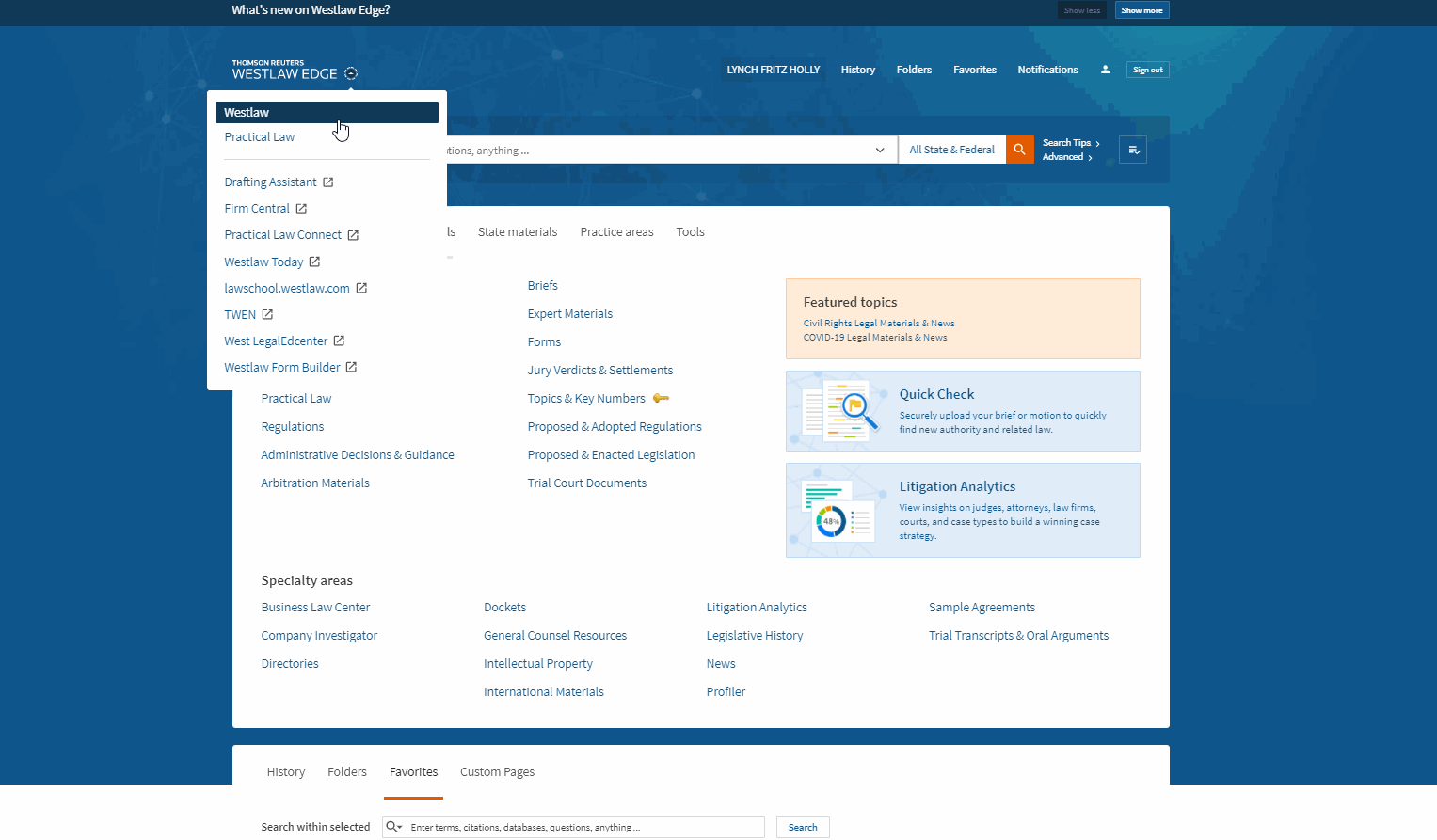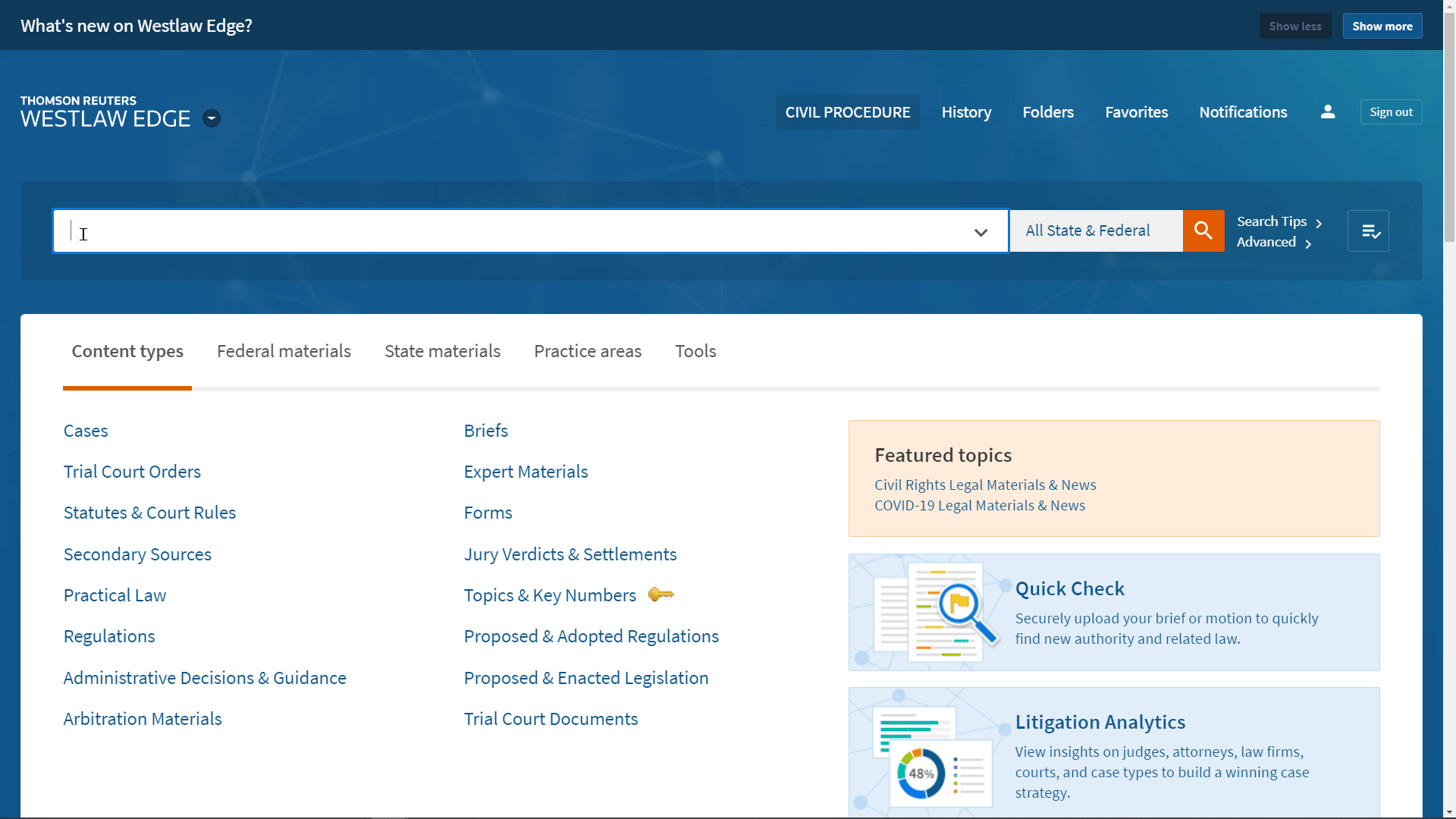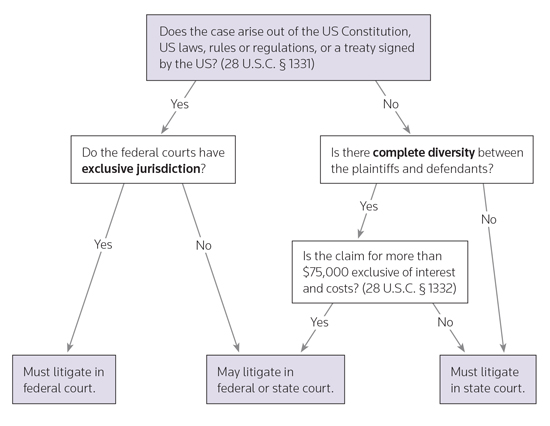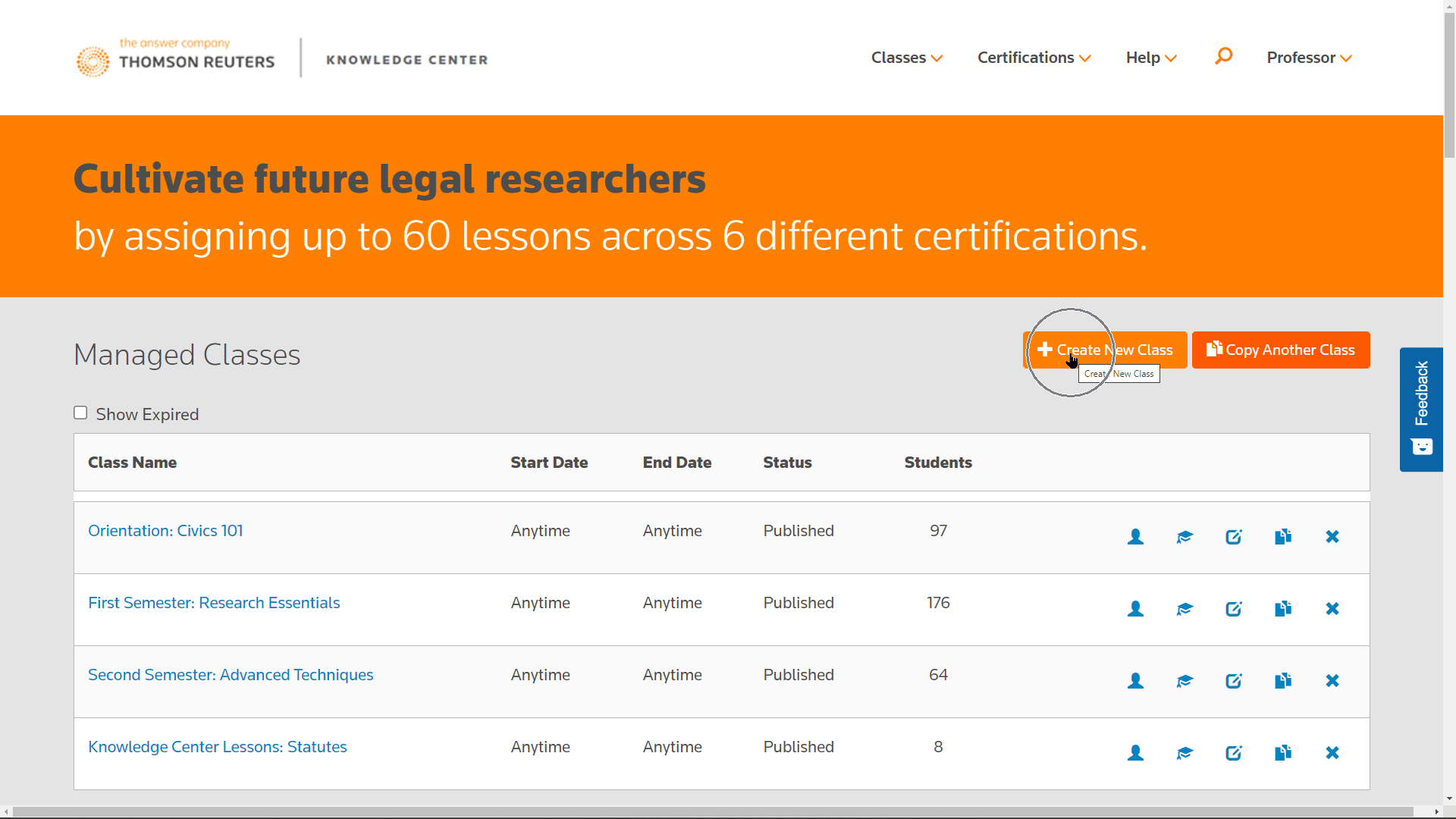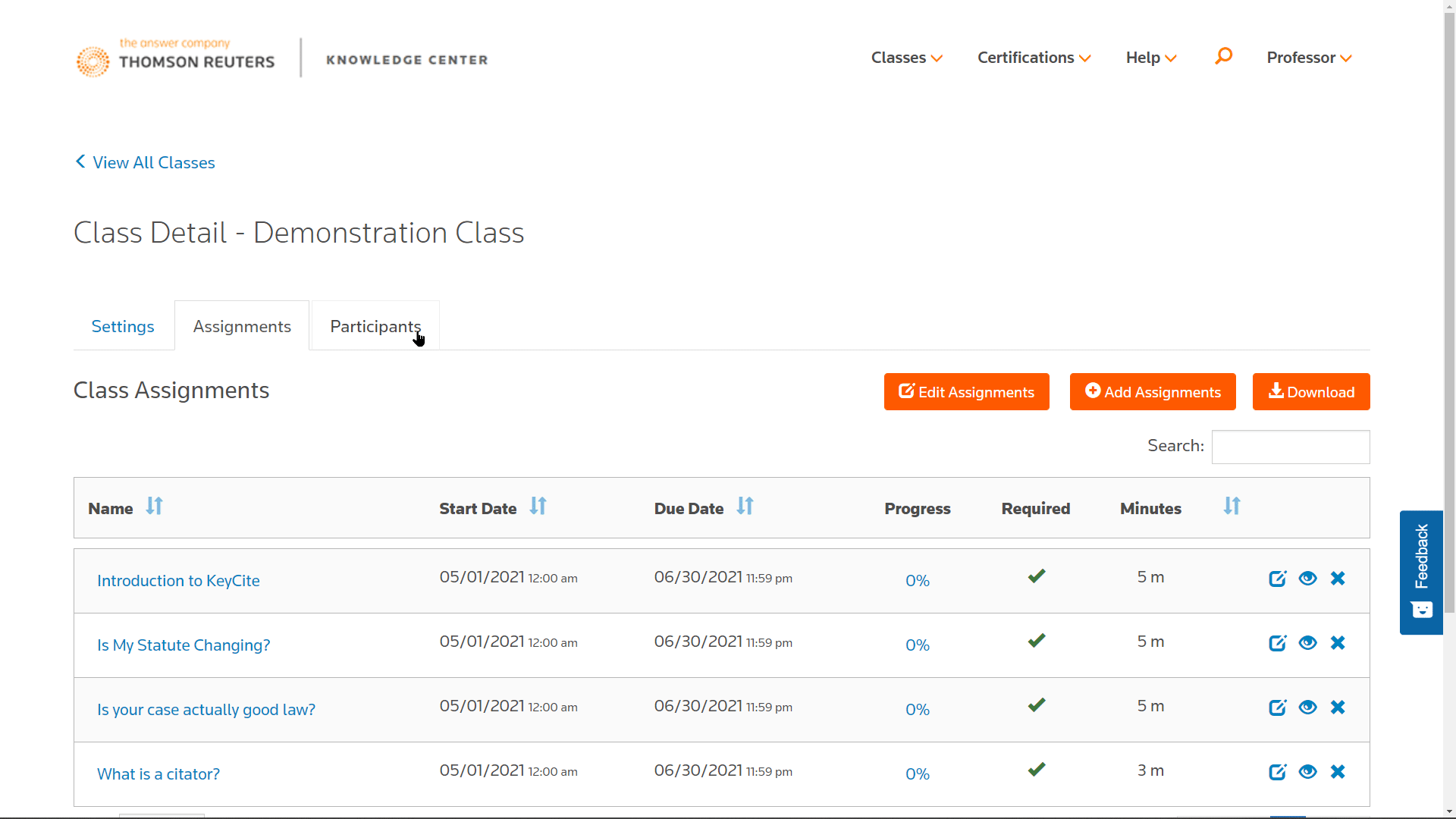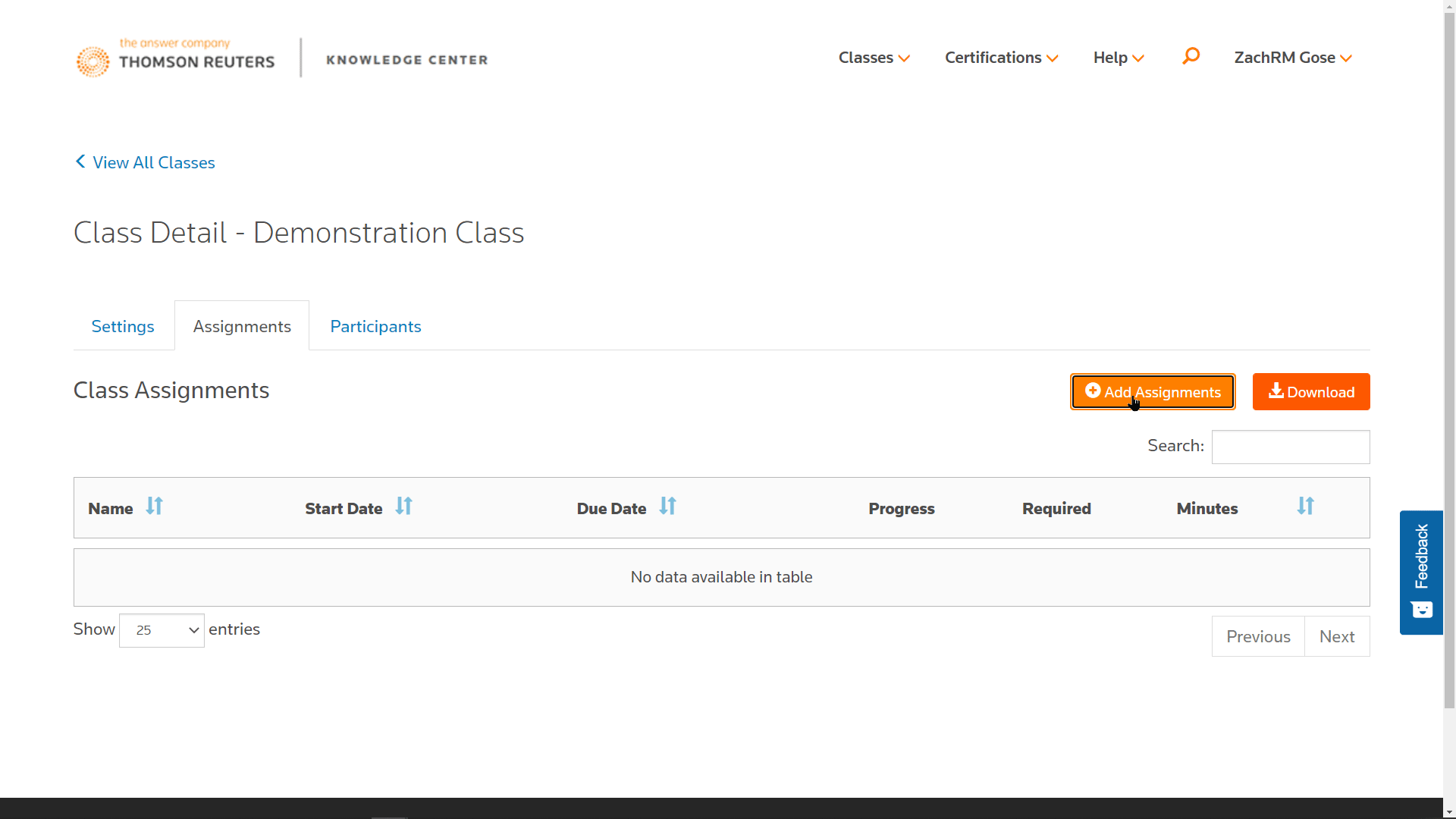From Biology to Blockchain:
Finding My Connection with the Law
Invertebrate Zoology. Herpetology. Ornithology. These were some of the classes I had taken just before my first year of law school. I entered Vanderbilt Law School with a Bachelor’s of Science degree in biology in hand and ample experience with scientific research. Pharmacology and molecular biophysics were familiar, whereas the Rules of Civil Procedure and Torts were a foreign language. Fortunately, learning a foreign language is something I am well-versed in because of my background.
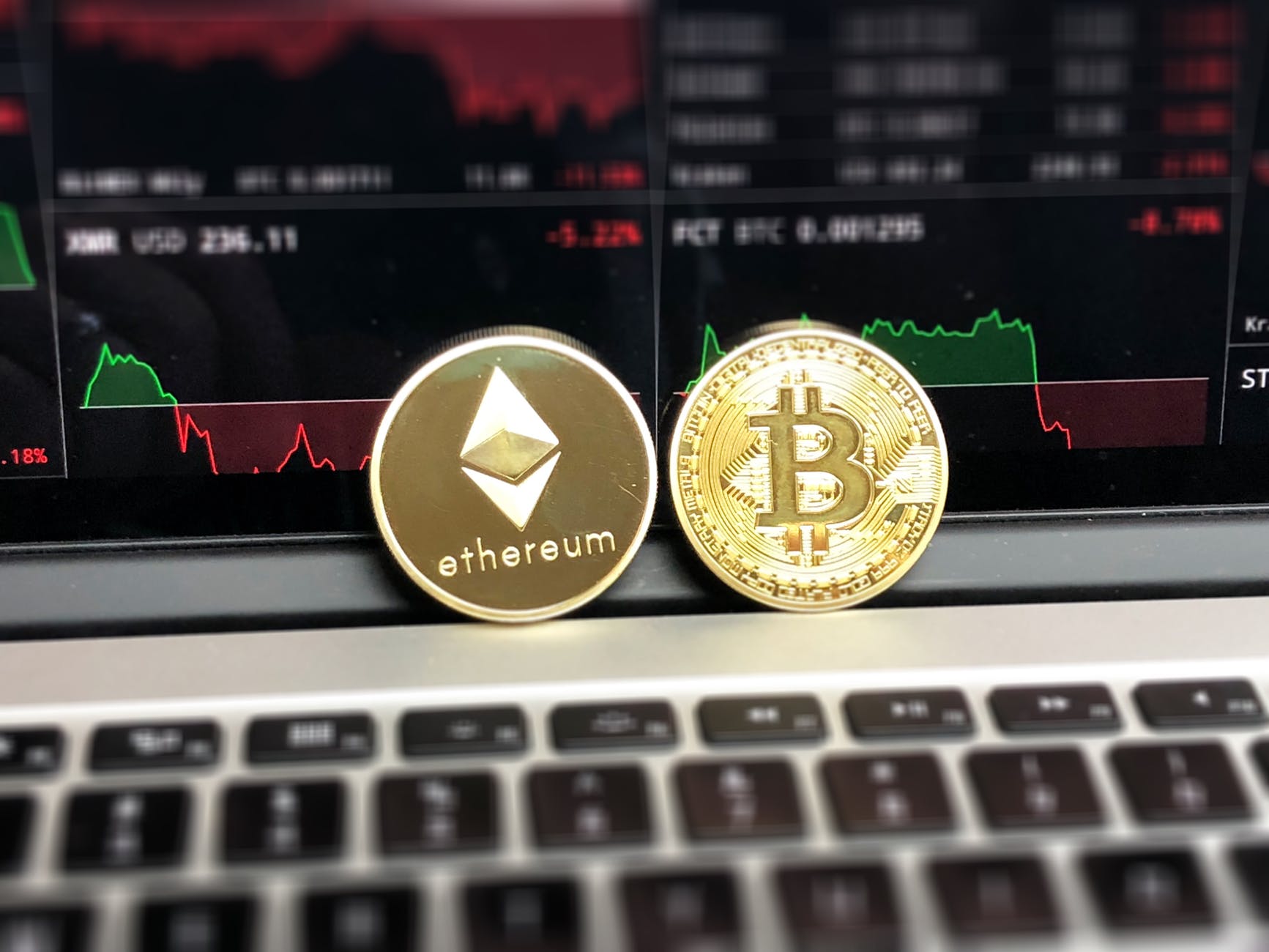
My family immigrated to the United States from St. Petersburg, Russia and my first language was Russian. As a child, I grappled with mastering Russian and English at once. Although learning a language is not graded on a curve, it is an equally high stakes endeavor. Without English, I could not communicate or connect with my peers. Language is at the core of every community—and law school is no different; learning the language of the law provides a key entry point into the legal community. And while Black Letter Law is not sufficient on its own, it is a necessary and integral component of the profession.
My first year was a whirlwind of oscillating self-doubt and hope. I was uplifted by my peers, only to plunge into despair the moment I wondered if I had what it took to make it through. As a varsity cross country and track runner in college, I knew the intensity and rigor of sustaining a quick pace through arduous terrain. That first year felt a lot like a cross country race through mud and rain, and relentless rolling hills that tested not only my fitness but also my dedication. I came to the finish line a bit muddied and bruised, but ultimately grateful for the experience. Yet, despite the adrenaline rush accompanying academic success, a crucial link was missing.
While traditional markers of achievement––securing a big law summer associate position or joining the Law Review––provided validation, they did not help me in fostering a meaningful connection with the future of the law.
That first year felt a lot like a cross country race through mud and rain, and relentless rolling hills that tested not only my fitness but also my dedication. I came to the finish line a bit muddied and bruised, but ultimately grateful for the experience.
Then, during my second year of law school, I came across Vanderbilt Law’s Program on Law and Innovation (PoLI). Through PoLI, I was able to delve into an interdisciplinary program that illuminated the technological innovation that is disrupting the legal profession as well as the ways in which the law is a business.
Each of the courses I took was empowering in ways that I did not imagine. I was exposed to my first collaborative environment in law school in Legal Project Management. There, I worked with my peers to fulfill client requests for proposals and adhere to the core tenants of “lean” law––better, faster, cheaper. These core tenants were then reinforced in both Legal Practice Technology and Advanced Legal Research, where I was introduced to efficiency-bolstering tools that could seamlessly be integrated into a law practice of any size. Likewise, Blockchains & Smart Contracts not only provided hands-on experience with a potentially transformative technology but also gave me the space to work with peers to develop a plan to integrate blockchain-powered technologies into a law firm. In Legal Problem Solving I learned the value of human-centered design in creating solutions that promote greater access to justice.
Specifically, our class focused on improving the informed consent form, so as to ensure that patients were meaningfully informed prior to their medical procedures. Meanwhile, in Law Practice 2050, I contemplated the future of the legal profession and carved out a developing practice area that I could work to become an expert within the coming years.
Jointly, these courses have prepared me to be at the forefront of the legal landscape of the future. Far beyond that, however, they have enabled me to become invested in the development and progress of the legal profession.
So, while my first year in law school was filled with hills and valleys of self-doubt and new relationships, I was finally able to find my connection with the future of the law through the PoLI program at Vanderbilt Law School.
Emily recently graduated from Vanderbilt Law School (’19) and will be joining Gibson, Dunn & Crutcher in Washington, D.C. in the fall. She enjoys running with her sheepadoodle, hiking with her partner, and writing legal scholarship.





